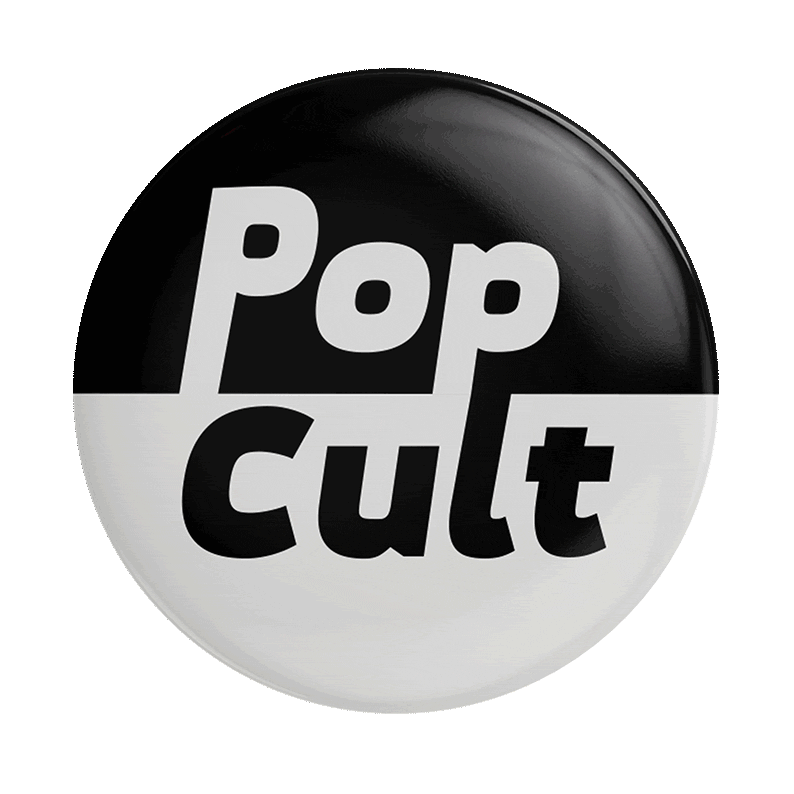Music Podcasting is Hard. Why it’s worth the effort Part 5: "Rights and licensing are too much of a hassle/too expensive."
Since the dawn of the digital music age, the following scenario has played out in every new medium. Someone has a new platform or medium, and they are big music fans. They want to incorporate music into their platform or medium because, well...music is awesome, and it will make their user experience more awesome. So, they take one of two approaches: 1) Use the music without asking. 2) Ask permission. Sometimes both.
Approach 1 always ends up with a Cease-and-Desist order, or maybe a lawsuit.
Approach 2 plays out something like this:
Tech/Media person: "I've got this awesome new platform that is going to grab the attention of millions, if not billions of users. I want to incorporate music into the platform so that my users will be able to incorporate it into my awesome new platform."
Music Industry Business Affairs Exec: "How much are you going to pay us."
Tech/Media person: "Welll...with our millions, if not billions, of users, we think it's a great platform for you to be on."
Music Industry Business Affairs Exec: "That's interesting. How much are you going to pay us."
Tech/Media person: "Wellll...with our millions, if not billions, of users, we think it's a great platform for your music to be exposed on."
Music Industry Business Affairs Exec: "It appears that you have a bright future. How much are you going to pay us."
Tech/Media person: "Welll...with our millions, if not billions, of users, we think it's a little like the new radio."
Music Industry Business Affairs Exec: "How much are you going to pay us."
Tech/Media person: "Well, we think the exposure your music will have on the platform will benefit you and your artists, and we were thinking maybe instead of charging you an access fee, we just waive that and do a gratis license. We will cover the distribution costs and logistics. The externalities are favorable to your business proposition."
Music Industry Business Affairs Exec: "Hmmm...externalities. So you are telling me "it's promotional."
Tech/Media person: "Yeah, exactly, it’s promotional!"
Music Industry Business Affairs Exec: "And you don't want to pay us."
Tech/Media person: "Yeah, exactly, you get it! Because it's promotional!"
Music Industry Business Affairs Exec: "Get out of my office."
"Get out of my office" is a cleaned-up version of the response from the music people (to be fair, they do respect the externalities, but getting paid is essential). Some variation of this scenario undoubtedly played out about five minutes after podcasts were invented -- likely even before the launch of the iTunes store made the world safe for digital music distribution. It has repeated countless times since, with diminishing returns, and with both sides basically giving up on each other.
In our previous posts, we have been outlining the various challenges to creating music podcasts. When we started doing this, a few years back, we thought licensing was the biggest challenge, and that as soon as podcast producers and distributors figured out a scalable model, there would be a flood of new music podcasts. (One of us was actively working on this before we started).
Instead, licensing has turned out to be the least of those challenges. It has a mostly financial solution, unlike the other challenges: audience-building, managing talent, etc.
It still ain't easy. There is no automated way to license masters and publishing for podcasts, so each one must be negotiated separately. Individual song license advances can range from the low three figures to four and even five figures, in part because the economics of podcasting are so multivariate. And, because their ROI is relatively low compared to five, six-, and seven-figure screen synchs, they are assigned to the most junior employees, who because they are new and insecure and trying to impress their bosses, will fight just as hard for an extra $250 as their bosses will for $25,000.
As in academia, the battles are rough because the stakes are low.
But there is a way to get around all of this, and it's simple. For lack of a better term, we call it creative dealmaking. Nobody above the age of 25 wants to waste their time going back and forth over $250 on a license. Maybe on a phone plan or a gym membership, but not a music license. There is, however, simple way to add a couple of zeros to that number.
And that is to make the rightsholder your partner. Let them participate in the upside. This is how Hollywood was built. Heck, this is how Spotify was built.
Now, even that isn't easy. You are being entrusted with the core asset, the family jewels. Building the kind of trust you need to enter a partnership with a label or publisher or artist management team can take years. Very few people in the podcast industry have taken those years (usually because they are still getting over the bruises of being tossed out of the Business Affairs office).
But there are a few. Not many.
And they have license deals. And shovel-ready projects, and captive audiences.
Just add distribution.
This concludes our series of posts about the challenges...
Next Up: What we are doing about it.

